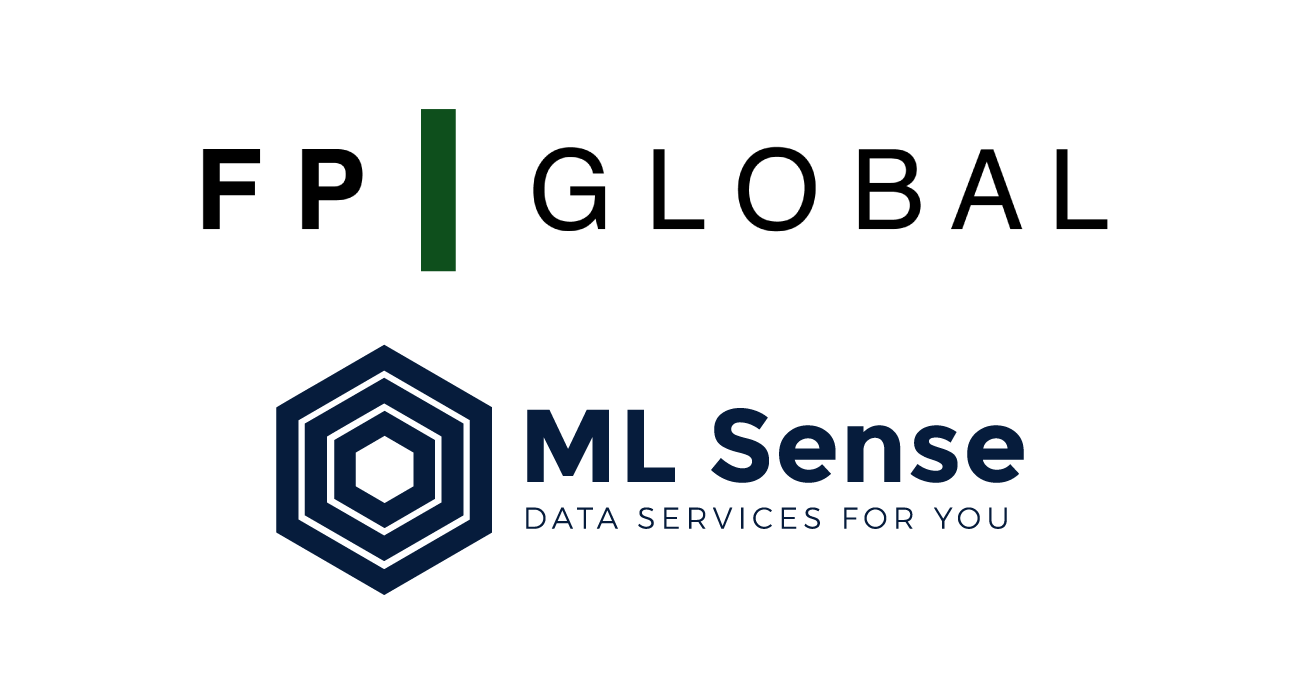Latest Insights
April 28, 2021
KEY ORGANS IN A WFOE
There are generally two management structures applicable for WFOEs in China.
- Having a Board of Directors to lead the company, of which the board must consist of at least three directors. One of them has to be the Chairman.
- Another possibility is a WFOE with only one Executive Director. This option is normally chosen if a company only has very few Shareholders (or only one Shareholder) or just a small business scale. The Executive Director has the same responsibilities as the Board of Directors.
Having one of these two options is obligatory for the WFOE in China and the result of this determines who decides all major managing issues concerning the company.
KEY POSITIONS NEEDED WHEN SETTING UP WFOE:
- Shareholders
- Shareholders have the highest authority of the company, they also appoint the Board of Directors or the Executive Director. A minimum of one shareholder is required whose details have to be filed with the State Administration for Industry and Commerce or its local branch (“SAIC”).
- Executive Director/Board of Directors
- Shareholder decisions regarding company operations are executed by the executive director or board of directors. The maximum length for which Directors can be appointed is three years, after which the Directors can be re-elected. The number of directors on the board can range from 3 to 13.
- Chairman of the Board
- Appointed by shareholders or elected by all directors, the Chairman convenes, organizes, and presides over Board meetings. They are also responsible for record-keeping of Board meetings.
- Legal Representative
- Appointed by shareholders, the legal representative must be either the Chairman of the Board or Executive Director, or General Manager of the WFOE.
- Supervisor
- Appointed by shareholders, they cannot be the Chairman, Managing Director, General Manager or other senior staff but can be a shareholder. The supervisor monitors the implementation of company obligations by the board director and senior management personnel.
- General Manager
- Appointed by the executive director or board of directors, the General Manager is
- directly responsible to the Board
- and exercises its duties under the leadership of the Board. They
- undertake the company’s day-to-day business
The information provided serves as a general reference guide and is not strictly advised by Funds Partnership Asia.
References:
https://lorenz-partners.com/download/china/NL211E-The-WFOE-and-its-most-important-organs-Jan19.pdf
https://www.bdp-team.cn/en/news/key_positions_by_a_wfoe
https://www.lexology.com/library/detail.aspx?g=cef7ae70-acb0-45fe-b209-dd3c1071a3f0
https://www.acadiaadvisory.com/Insights_list25.html
Share This Article
Articles You May Like














